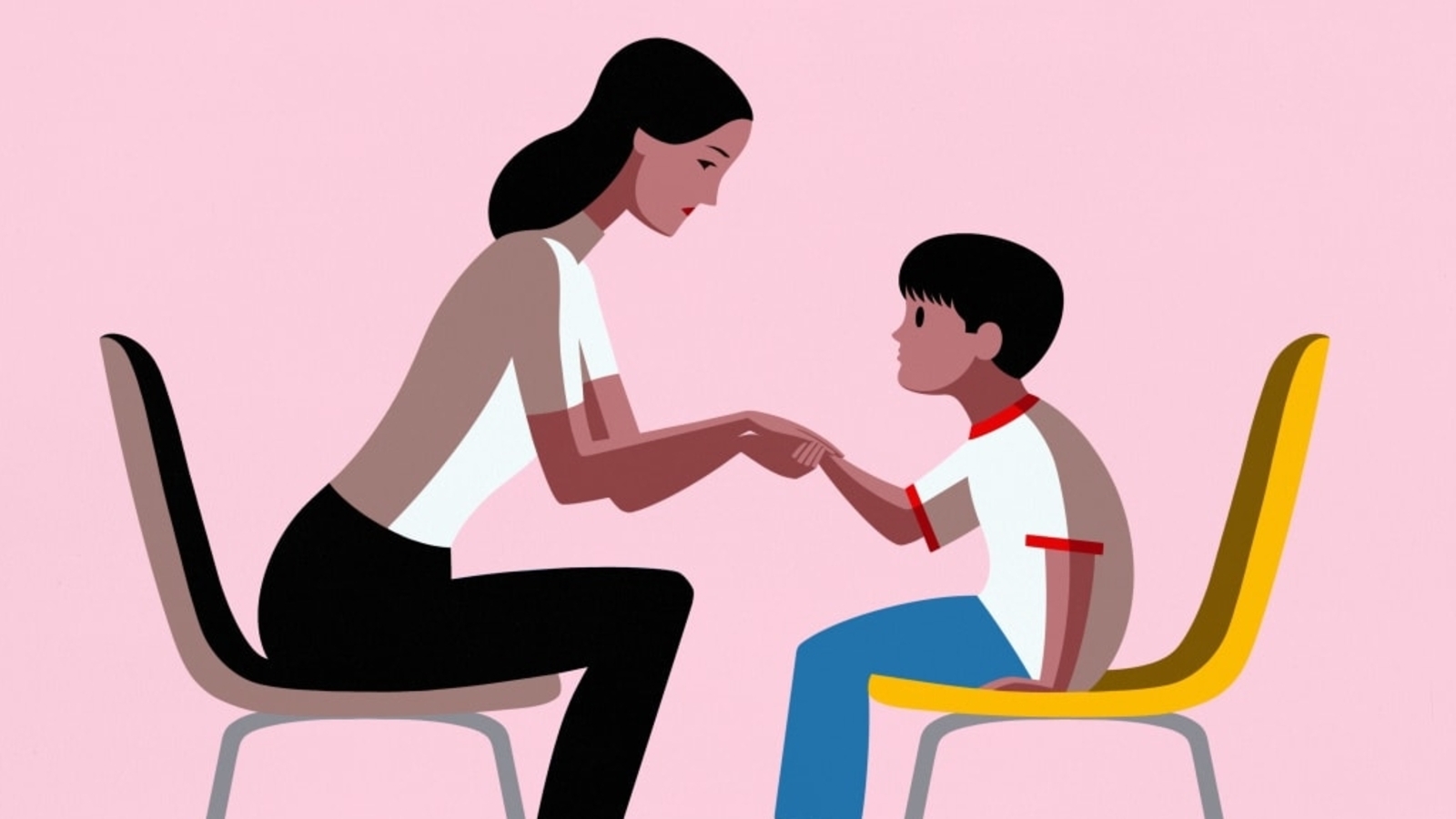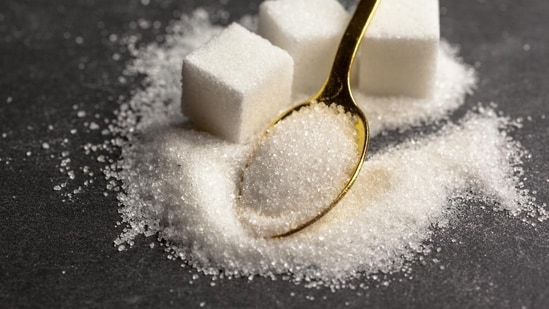
Mumbai haematologist explains sugar’s role in a very rare but fast-spreading childhood cancer: Would no-sugar diet help?
In a groundbreaking revelation, researchers have uncovered a previously unknown weakness in malignant peripheral nerve sheath tumour (MPNST), a rare and aggressive childhood cancer. In an interview with HT Lifestyle, Dr Mohd Rizwan Shaikh, consultant, hematology, hemato-oncology and bone marrow transplant physician, HCG Cancer Centre, Borivali, shed light on the role of sugar in this fast-spreading disease. Also read | Cancer specialist shares 5 surprising foods you eat every day that are loaded with ‘hidden sugar’
The sugar connection
Dr Shaikh shared that MPNST cells rely heavily on the pentose phosphate pathway (PPP), a metabolic pathway that enables effective sugar metabolism and shields cancer cells from oxidative stress. By inhibiting this process, researchers have successfully retarded tumour growth and enhanced chemotherapy sensitivity. Dr Shaikh is optimistic about the future of cancer treatment, where customised therapies could become the norm.
He said, “We are actually living in an exciting era of hemato-oncology and oncology, as groundbreaking research is continually rewriting the cancer biology book. As each new finding presents itself, we move closer to treatments that are not merely improved but now customised to the unique weaknesses of each type of cancer. Such was the case with a recent discovery, which uncovered a previously unknown weakness in malignant peripheral nerve sheath tumour (MPNST), a very rare and cancerous condition that strikes children.”
He added, “Research supported that MPNST cells were highly reliant upon the PPP, a metabolic pathway. The process allows for effective metabolism of sugar by the cancer cells and shields them from oxidative stress, otherwise killing them. Researchers were able to retard the growth of the tumour and enhance sensitivity to chemotherapy by inhibiting this process. This discovery shows us how a cancer cell’s survival can be reduced by stopping its energy supply.”

A new method of treating cancer
This discovery marks a paradigm shift in cancer treatment, targeting biological pathways rather than simply killing cancer cells. Dr Shaikh said this breakthrough could lead to the development of new, more effective drugs for children and teens suffering from MPNST.
“This advance is a paradigm shift in how we approach the condition. Instead of merely killing off cancer cells with radiation or chemotherapy, researchers today are targeting the biological pathways that allow cancer to develop. The identification of the PPP as a ‘metabolic bottleneck’ for MPNST opens up a new window of opportunity for creating new drugs. These drugs have the potential to greatly enhance outcomes for children and teens suffering from this challenging-to-treat illness,” Dr Shaikh said.
Sugar and diet myths
However, Dr Shaikh cautioned against misconceptions about sugar and diet. Eliminating sugar from a child’s diet won’t replicate laboratory results, and severe restriction can be detrimental. Kids with cancer are already malnourished, and removing essential nutrients can hinder recovery, he added.
Dr Shaikh said, “It is essential, however, to make a distinction between laboratory results and actual treatment in life. This study does not translate into the fact that eliminating sugar from a kid’s diet can replicate what occurs in the laboratory. In reality, severe restriction in diet can be detrimental. Kids who have cancer are already malnourished and removing important nutrients from them can reverse their capacity to heal and manage side-effects.”
Clinical counseling is significant
He highlighted the importance of consulting oncologists before making dietary or therapeutic changes as a healthy diet is crucial for recovery and treatment, and every child’s needs are unique. A balanced diet enhances immunity and healing and helps children cope with treatment stresses.
As always with any scientific finding, caution should be used when interpreting these data. “Patients should always consult with their oncologists before making any dietary or therapeutic change that is suggested. Knowledge, evidence, and regulation are required to translate laboratory research into safe and effective clinical application,” Dr Shaikh said.
He added, “A healthy diet is the cornerstone of recovery and treatment for cancer. Every child is unique in his or her cancer type, type of treatment, and overall health. A good diet enhances immunity and healing and helps children get through the stresses of treatment.”
Note to readers: This article is for informational purposes only and not a substitute for professional medical advice. Always seek the advice of your doctor with any questions about a medical condition.
First Appeared on
Source link






